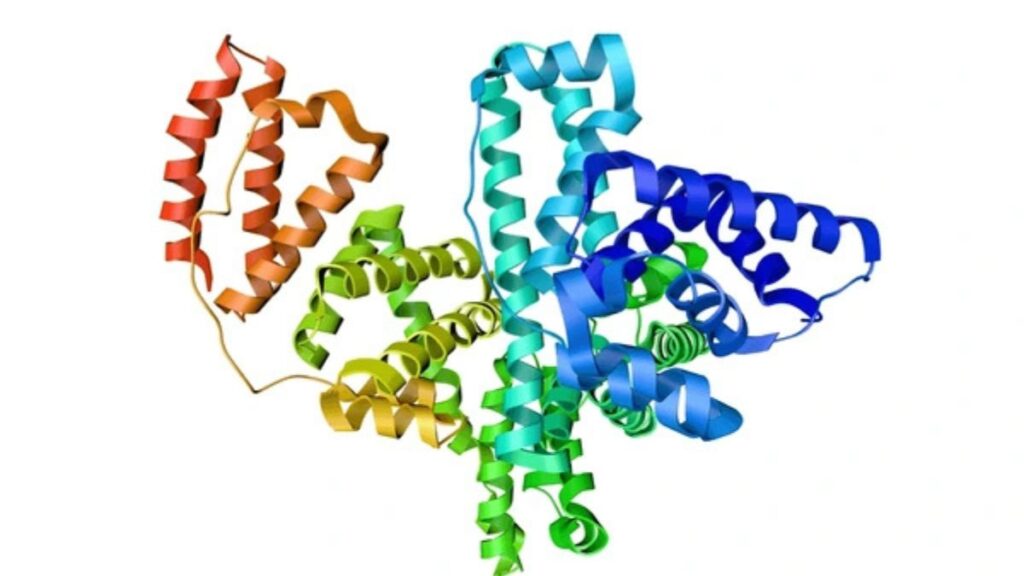Introduction to albumīns
When it comes to proteins, most of us are familiar with the heavyweights—think muscle-building whey and versatile soy. But lurking in the shadows is a group of dynamic proteins that deserve their moment in the spotlight: albumīns. Often overlooked, these remarkable molecules play vital roles in our bodies, from maintaining fluid balance to transporting essential nutrients. If you’re curious about what makes albumīns so special and how they can enhance your health, you’re in for a treat! Let’s dive into this fascinating world of albumīns and discover why they are truly the unsung heroes of protein.
The role of albumīns in the body
Albumīns play a crucial role in maintaining the body’s fluid balance. These proteins help regulate oncotic pressure, which keeps blood from leaking into surrounding tissues.
They also transport various substances throughout the bloodstream. This includes hormones, fatty acids, and medications. By binding to these molecules, albumīns ensure they reach their intended destinations efficiently.
In addition to their transport functions, albumīns act as antioxidants. They help neutralize free radicals that can cause cellular damage. This protective role contributes to overall health and well-being.
Moreover, albumīns are vital for muscle maintenance and repair. Adequate levels support recovery after physical activity by supplying essential amino acids needed for tissue growth.
These proteins are not just passive players; they actively participate in numerous physiological processes that keep our bodies functioning optimally.
Sources of albumīns
Albumīns are primarily found in various food sources, making it easier to incorporate them into your diet. Animal products like eggs and dairy are rich in albumīn content. A classic choice is egg white, known for its high-quality protein.
Meat also serves as an excellent source of albumīns. Lean cuts such as chicken and turkey provide substantial amounts while keeping fat levels in check. Fish is another great option, offering both taste and health benefits.
For those following a plant-based lifestyle, legumes like lentils and chickpeas can be beneficial too. Though they contain lower concentrations than animal sources, they still contribute valuable proteins to the diet.
Nuts and seeds also play a role by adding variety along with healthy fats. Including these options ensures you enjoy a balanced intake while reaping the advantages that albumīns offer.
Health benefits of albumīns
Albumīns play a crucial role in maintaining fluid balance in the body. They help keep blood volume stable by attracting water and preventing it from leaking into tissues. This is vital for overall health.
Another significant benefit of albumīns is their impact on muscle preservation. As a high-quality protein, they support muscle repair and growth. Consuming adequate albumīns can aid athletes and fitness enthusiasts in recovery after intense workouts.
Moreover, albumīns act as transport proteins. They carry essential substances like hormones, vitamins, and minerals throughout your bloodstream. This enhances nutrient delivery to cells, promoting optimal function.
Additionally, research suggests that sufficient levels of albumīn may boost immune response. A strong immune system helps fend off infections more effectively.
Incorporating more sources of albumīn into your diet could also improve skin health due to their involvement in collagen production—a key component for elasticity and youthfulness.
Common misconceptions about albumīns
Many people think albumīns are only important for bodybuilders or athletes. This isn’t true. Albumīns play a crucial role in everyone’s health, regardless of lifestyle.
Another misconception is that all proteins are created equal. While proteins serve various functions, albumīns specifically help maintain fluid balance and transport nutrients in the bloodstream.
Some believe that consuming more protein automatically increases albumīn levels. However, without proper digestion and absorption, simply eating protein-rich foods won’t guarantee an adequate supply of albumīns.
People often overlook the fact that low levels of albumīns can indicate serious health issues. Testing for these proteins can offer insights into conditions like liver disease or kidney dysfunction.
Many assume plant-based diets lack sufficient albumīns. In reality, legumes and certain grains provide ample amounts to support overall wellness when consumed regularly.
Incorporating albumīns into your diet
Incorporating albumīns into your diet can be both enjoyable and simple. Start by adding high-protein foods like eggs, dairy products, and legumes to your meals. These are excellent sources of albumīns.
Consider whipping up a delicious omelet for breakfast or tossing some chickpeas into your salad at lunch. Both options not only boost protein intake but also enhance flavor.
Snacking on nuts or yogurt is another great way to increase albumīn consumption throughout the day. They provide essential nutrients while keeping you satisfied between meals.
For those who enjoy smoothies, blending in protein-rich ingredients such as Greek yogurt or even a scoop of protein powder can work wonders. This adds creaminess and elevates nutritional value effortlessly.
Experimenting with different recipes will help keep things fresh and exciting. Finding new ways to enjoy these proteins makes healthy eating much more sustainable in the long run.
Conclusion
Albumīns play a vital but often overlooked role in maintaining our overall health. These proteins are essential for various bodily functions, from transporting nutrients to regulating osmotic pressure. Understanding their importance can help us make informed dietary choices.
Incorporating albumīns into your diet is achievable with a few simple changes. By including foods rich in this protein, you can enhance your health and well-being significantly. Whether through animal products or plant-based sources, finding the right balance can contribute positively to your nutritional needs.
Taking the time to appreciate albumīns as unsung heroes of protein can lead to improved health outcomes and greater awareness of what we consume daily. Embracing these beneficial proteins might just be the key to unlocking new levels of vitality in our lives.






